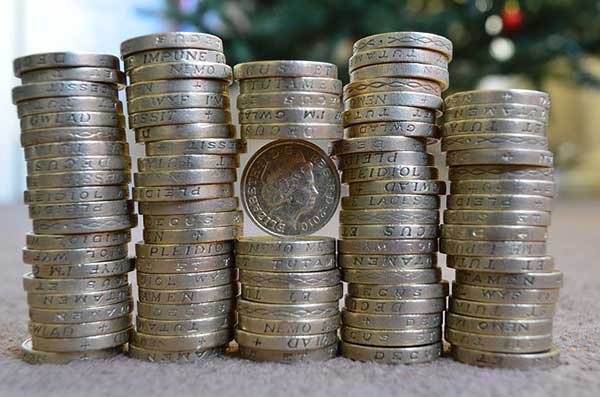Incredibly strong foreign demand in Australian housing has lit a match underneath property prices which is making it more and more difficult for local home buyers to enter the market. However, Australian investors shouldn’t be turned off. With low interest rates and incredibly high capital gains to be made on local property, it is still lucrative to invest in Australian housing. Below we take a look at 5 reasons why property prices are appreciating rapidly at the moment.
1. Australia Has Higher Interest Rates Than Most Other Major Countries
It is no secret that many of the world’s leading economies are still recovering from the Global Financial Crisis of 2008. While share markets such as the ASX and NYSE have recovered well from GFC induced lows, a quick look at the near zero interest rates of major central banks around the world tells a story of continued economic struggle:
| Major Central Bank | Current Interest Rate (April 2015) |
|---|---|
| Reserve Bank of Australia | 2.25% |
| US Federal Reserve | 0.25% |
| Swiss National Bank | -0.75% |
| European Central Bank | 0.05% |
| Bank of Japan | 0.10% |
| Reserve Bank of New Zealand | 3.50% |
| Bank of Canada | 0.75% |
| Bank of England | 0.50% |
Interest Rate Data Courtesy of Compare Forex Brokers
With the exception of Australia and New Zealand with interest rates of 2.25% and 3.50% respectively, most investors worldwide receive next to no interest on the cash sitting in their bank accounts. It is for this reason that investors in countries such as the United States, are looking to diversify their investment portfolios seeking higher returns in foreign markets such as Australia.
2. The Falling Aussie Dollar
Combining interest rate differentials with the recent appreciation of the US Dollar versus the Australian dollar it is easy to see why overseas investment in Australia in recent times has been booming. Over the last 5 years a plethora of international companies seeking greater returns have set up shop in Australia. This investment boom has been felt right across the Australian economy but none more so than in the property industry. A lower Australian dollar means foreign investors have more buying power.
3. Historically Low Interest Rates
While interest rates in Australia are still higher than most other major countries, within Australia they are still sitting at an all-time low which is a large contributor to the current “buyers’ market.”
4. Investors See Property As a Safe Asset
Despite international market uncertainty, over the last ten years Sydney property prices have increased by an average of 6.83% each year. While property prices in certain suburbs have grown more rapidly than others, overall, the Sydney property market has doubled in the last 10 years. The upside available in the Australian property market is readily apparent. One need only look at historical property prices to see the relative lack of price volatility and potential to make significant capital gains.
5. Relaxed Foreign Property Investment Legislation
Finally, one cannot discount the benefit that foreign investment in residential real estate is having on Australia’s housing stock and prices. Current Australian legislation mandates that foreign investors only be allowed to purchase new or off the plan dwellings. This legislation was instituted initially to promote productivity and employment in the Australian construction industry. However, it seems that foreign investment is a large reason why property prices are overheating.
Seek the advice of experts such as your financial adviser or banker to best work out where to invest in property, and consider talking to brokers or lenders such as State Custodians to secure the best possible mortgage rate available to you. Investment success in domestic property is still more than possible; homebuyers just need to be more strategic in the current market.
Featured image: Little dacha in the north
This article was sponsored by and written in collaboration with Positive Lending Solutions.



 Cara Brett
Cara Brett



